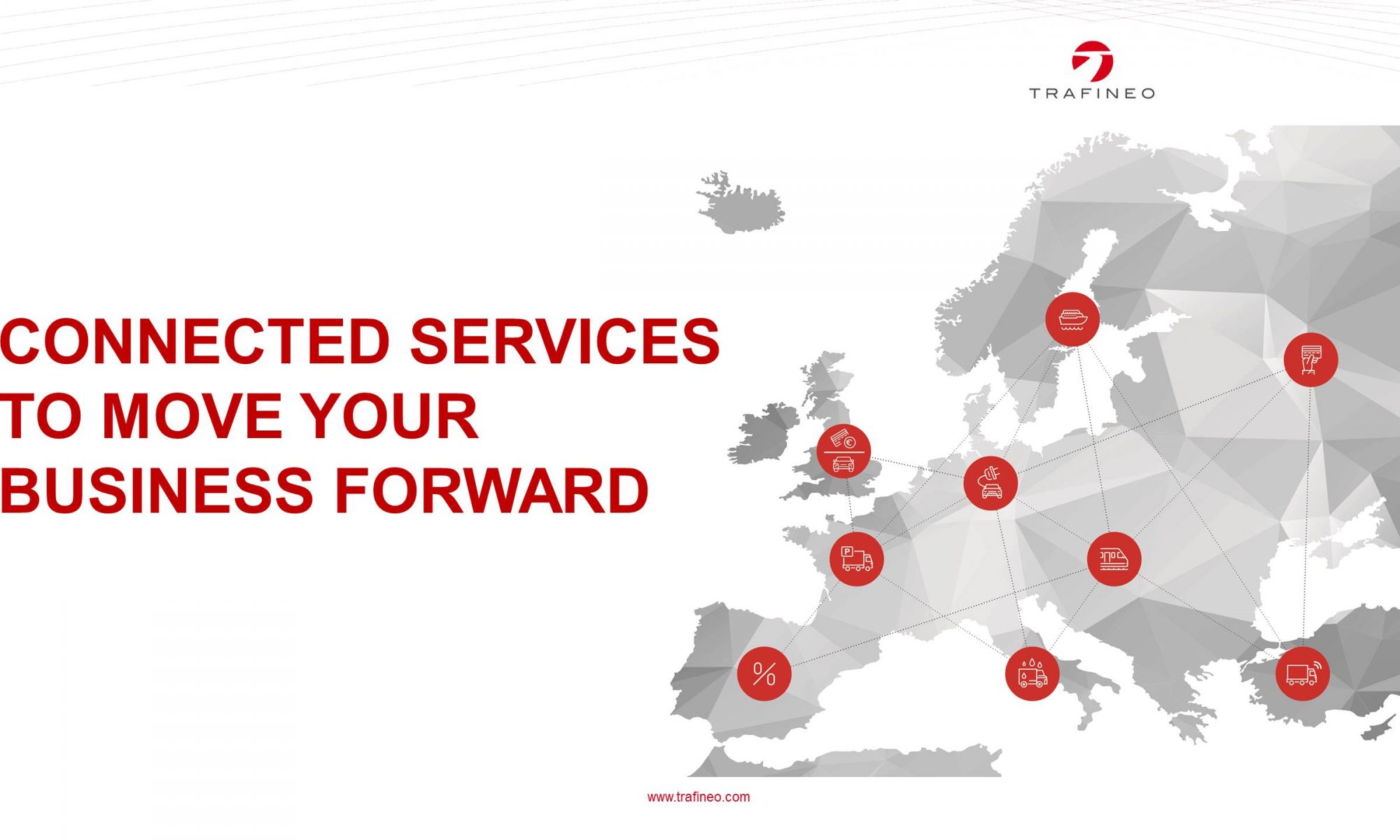For many companies, all the different forms, the necessary documentation and the languages that come into play are not only a disagreeable cost block, but often also an annoyance, which additionally consumes time and resources, if one wants to register a vehicle for the toll.
In order to give you a better insight, where drivers and fleet managers often get frustrated and how our expertise can help, we have asked our toll experts.
Which tolls do I need when I travel to a country with a toll system?
If a fleet manager or freight forwarder needs to organize a route that crosses several countries, he or she must ask himself two questions: whether and, if so, which tolling systems are necessary in their vehicle category.
Let us give you an example. We assume that a freight forwarder based in Poland has to go to Spain with an 18 ton truck. The truck will probably travel through Poland, Germany, Belgium, France and Spain. At this point, it is important to find an intelligent solution and to check if there is even an on board unit ("toll box") which can cover several countries at the same time. It also has to be checked, in which time span which tolls are recommended, so that the toll payment can be settled on the date of the trip and fines can be prevented.

"We help our customers to keep an overview of the complex toll systems in the various countries of Europe on a daily basis. It is important to know which product the customer really needs and in which period of time a registration might be possible. We advise in these matters and even get advantages, such as certain discount options, if this helps to let the customer drive efficiently through Europe."
Zofia Martinez: Customer Support Operations & Content Coordinator
Languages: German, English, Polish, Spanish
Different requirements of the toll operators to a registration
For many customers, the stress continues with the question of which documents are needed for the registration process.
In each country toll operators have their own requirements for registration of vehicles. While in Poland the viaTOLL toll system complies with all types of proof (certificate of conformity, CEMT document or manufacturer's certificate) in the Czech Republic, only the official CEMT document is accepted. This is just one example of many.
 "Every day, I help customers to set up and procure the right documents for the respective toll chargers. Many customers not only lose the overview, but also often the patience. I then give advice on what type of form is needed exactly at which point, and how customers can obtain these documents most easily."
"Every day, I help customers to set up and procure the right documents for the respective toll chargers. Many customers not only lose the overview, but also often the patience. I then give advice on what type of form is needed exactly at which point, and how customers can obtain these documents most easily."
Ewa Stępień: Customer Support Operations
Languages: Polish, English, German
Language barriers: Toll is a difficult language
Already when entering data into the registration forms, there are big problems for customers.
Especially Eastern European languages are not understood and it is often very difficult to complete the forms correctly. English explanations, if available, do not provide sufficient assistance.
 „The customer always comes first. Our customer service team is therefore set up professionally wide. All countries in which we offer toll products can also be linguistically supported. We train our employees on a regular basis so that end users are always supported as best as possible.“
„The customer always comes first. Our customer service team is therefore set up professionally wide. All countries in which we offer toll products can also be linguistically supported. We train our employees on a regular basis so that end users are always supported as best as possible.“
Dorota Sikorska: Assistant Manager Operations
Languages: Polish, English, Russian, German
We at TRAFINEO help to quickly and efficiently eliminate all these problems mentioned above. Our professional customer advisors support companies every day in the organization of tolls and other On Road-Services.
Thanks to our toll expertise we help with registration, on the management and the setting up of any toll product. We manage the flow of information between all parties involved and enable end users to travel smoothly across Europe.
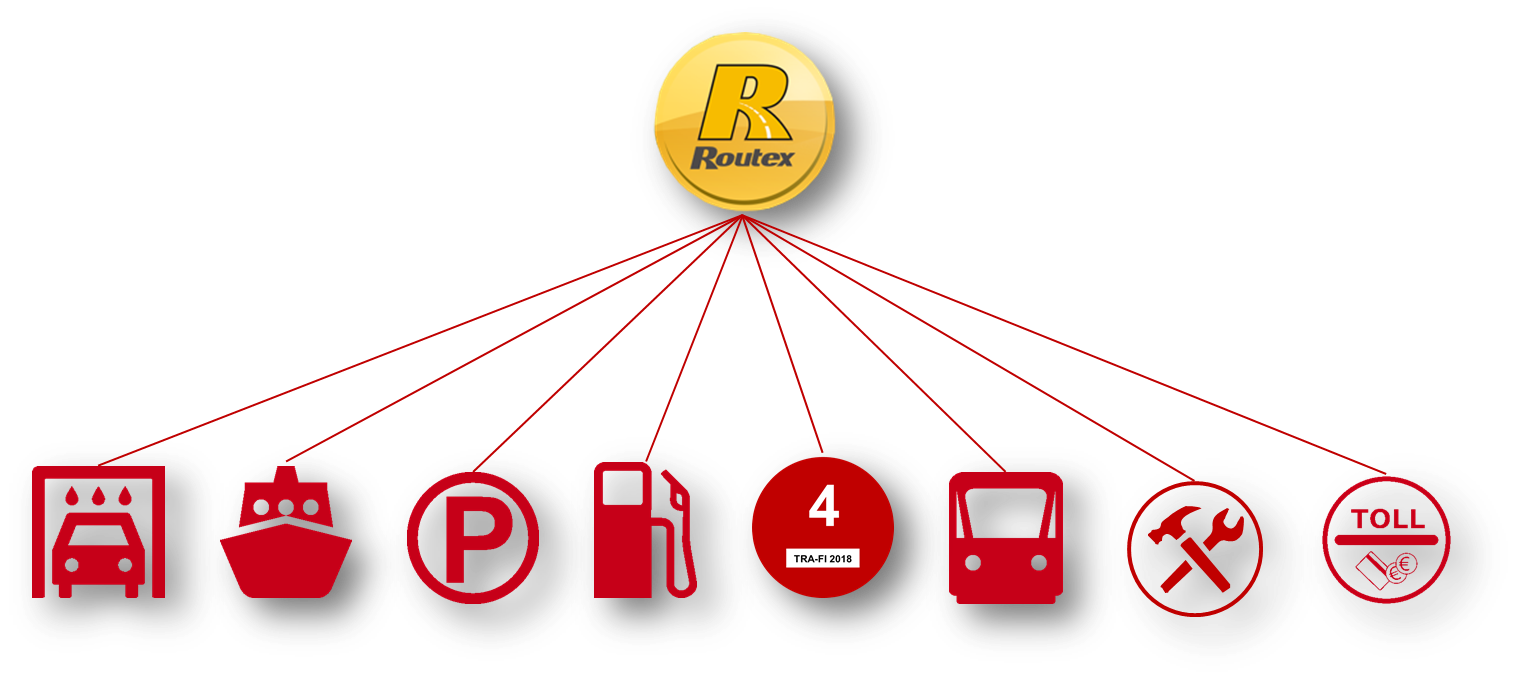
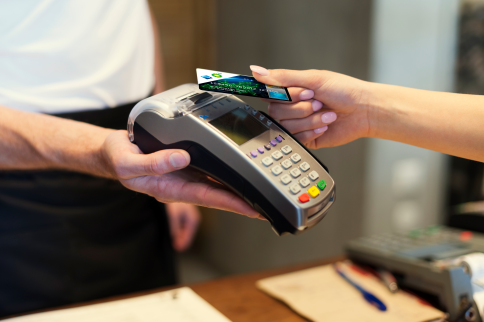

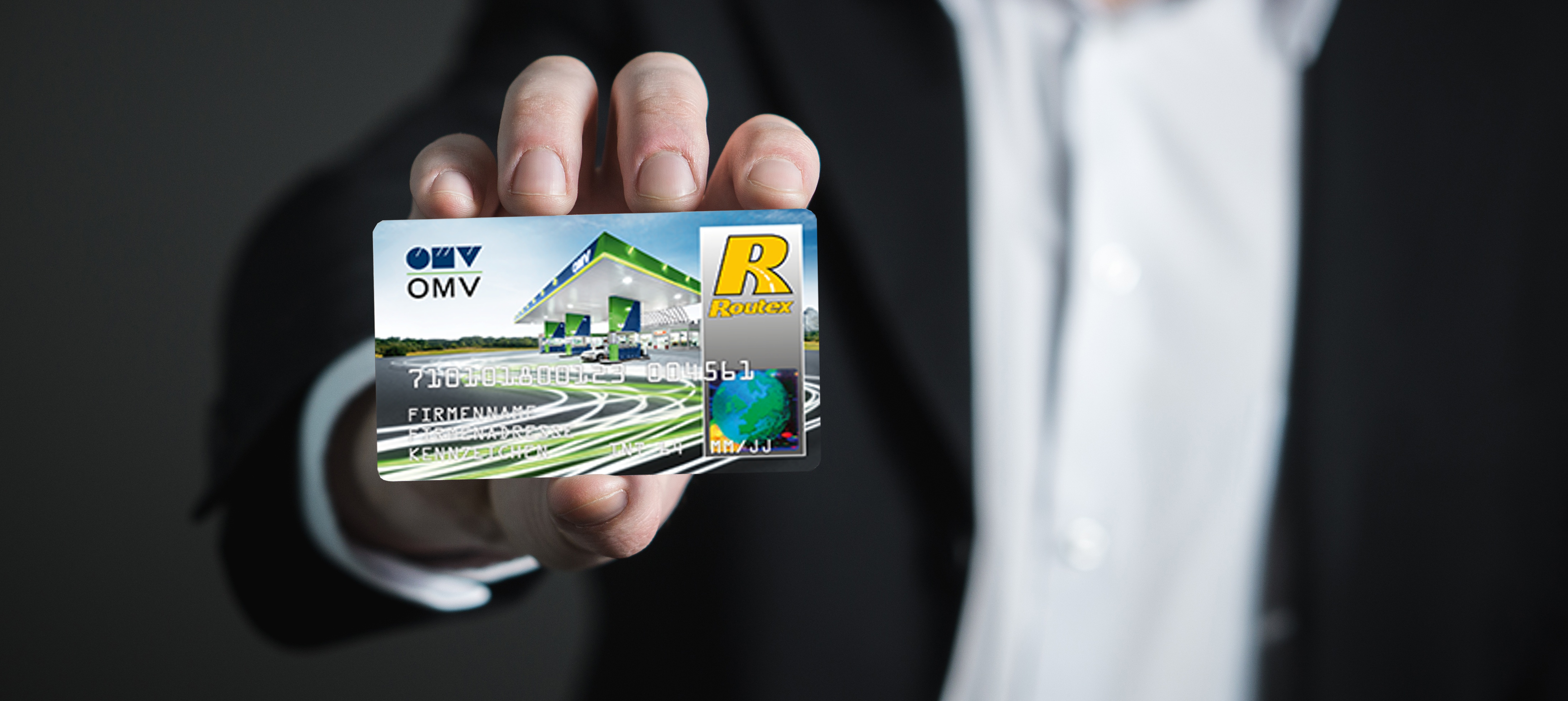
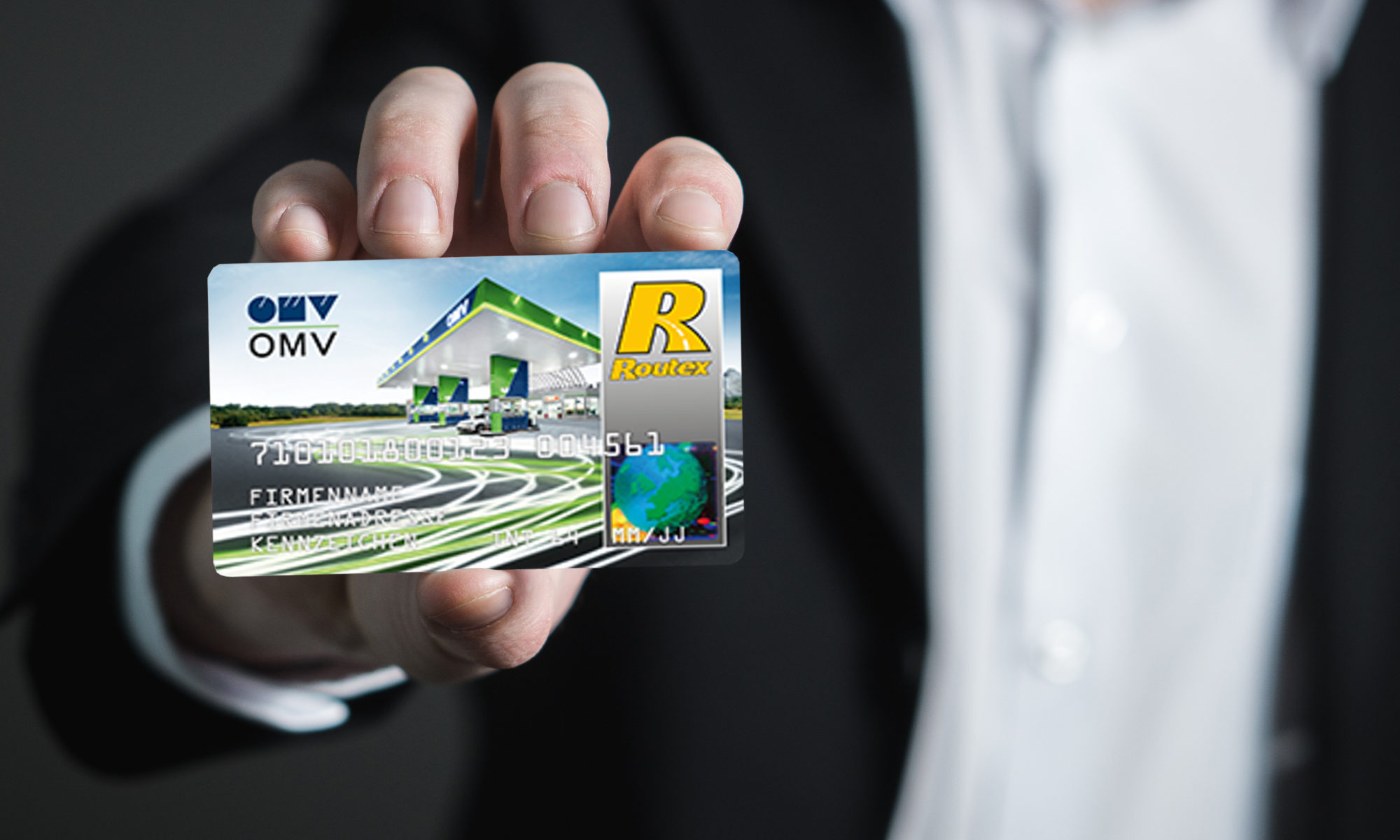


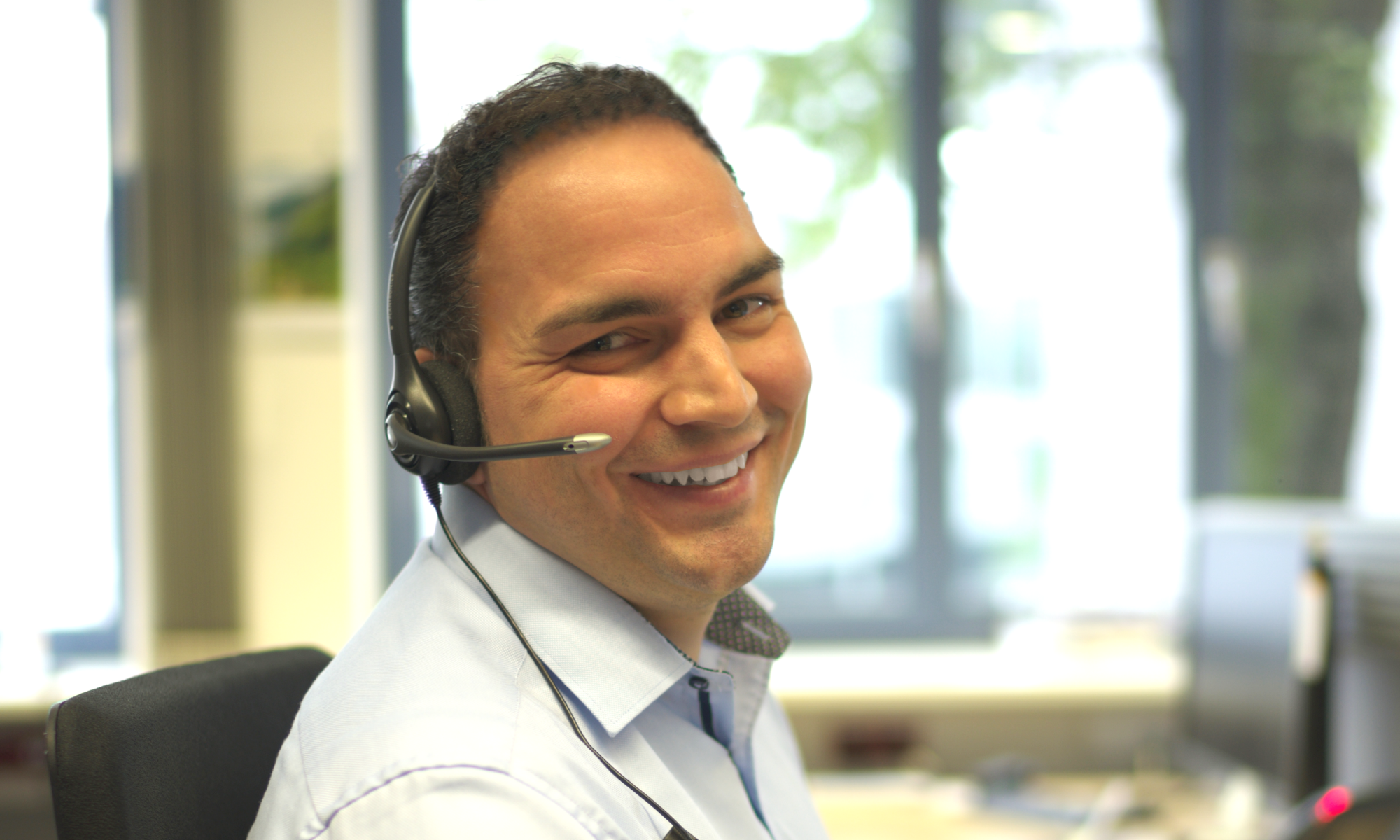

 "Every day, I help customers to set up and procure the right documents for the respective toll chargers. Many customers not only lose the overview, but also often the patience. I then give advice on what type of form is needed exactly at which point, and how customers can obtain these documents most easily."
"Every day, I help customers to set up and procure the right documents for the respective toll chargers. Many customers not only lose the overview, but also often the patience. I then give advice on what type of form is needed exactly at which point, and how customers can obtain these documents most easily." „The customer always comes first. Our customer service team is therefore set up professionally wide. All countries in which we offer toll products can also be linguistically supported. We train our employees on a regular basis so that end users are always supported as best as possible.“
„The customer always comes first. Our customer service team is therefore set up professionally wide. All countries in which we offer toll products can also be linguistically supported. We train our employees on a regular basis so that end users are always supported as best as possible.“